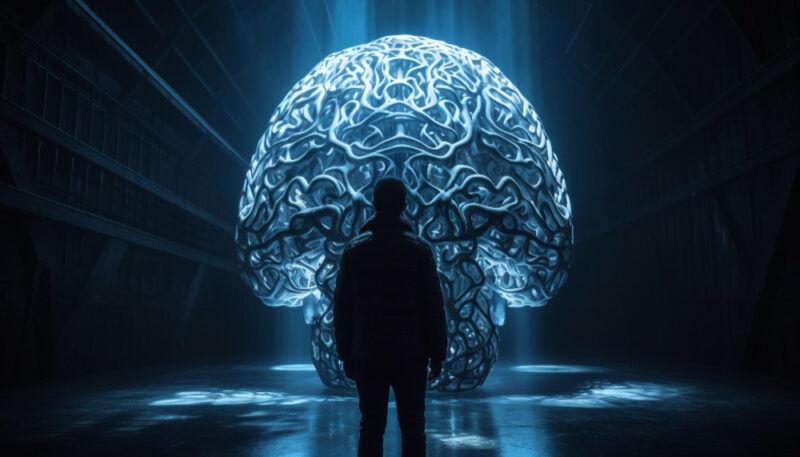Reasoning is the cognitive process of drawing logical conclusions, while problem solving involves applying reasoning to find solutions to specific challenges or issues.
TL;DR Reasoning Vs. Problem solving
Reasoning helps us make informed decisions, evaluate arguments, and think critically about various situations. It enables us to analyze complex problems by breaking them down into manageable components.
Problem-solving, on the other hand, allows us to tackle real-life issues by identifying goals, generating possible solutions, and evaluating their effectiveness. This skill empowers us to overcome obstacles in our personal and professional lives effectively.
What is Reasoning?

Reasoning is the cognitive process of making sense of information, drawing conclusions, and forming judgments based on evidence and logical thinking. It involves analyzing facts, connecting ideas, and using critical thinking skills to arrive at a logical outcome.
Reasoning allows us to evaluate arguments, weigh different perspectives, and make informed decisions. It helps us navigate through complex situations by considering multiple factors and assessing their relevance.
Inductive reasoning and Deductive reasoning.
Inductive reasoning involves generalizing from specific instances or observations to form a broader conclusion. It allows us to identify patterns or trends based on limited information.
Deductive reasoning starts with general principles or premises and uses them to reach specific conclusions. It follows a top-down approach where we apply known rules or theories to solve problems systematically.
What is and Problem Solving?

Problem solving is a fundamental skill that we use in our daily lives, whether we realize it or not. It involves identifying an issue or challenge and finding a solution to overcome it. Problem solving requires critical thinking and the ability to analyze information, evaluate different options, and make informed decisions.
Problem solving is about taking a systematic approach to address complex situations. It involves breaking down the problem into smaller parts, understanding the underlying causes or factors contributing to the issue, and brainstorming possible solutions. Problem solvers often think outside of the box and explore alternative perspectives to find innovative and effective solutions.
Reasoning Vs. Problem solving – Key differences
| Aspect | Reasoning | Problem Solving |
|---|---|---|
| Definition | Cognitive process of drawing logical conclusions based on available information and principles. | Process of finding solutions to specific challenges or issues by applying reasoning and strategies. |
| Nature | Abstract and cognitive; involves thinking, analyzing, and making inferences. | Practical and goal-oriented; focuses on achieving a specific outcome or solution. |
| Purpose | To draw conclusions, make judgments, or analyze information logically. | To identify and implement solutions to real-world or abstract problems. |
| Decision-Making | Often involves making decisions or forming opinions based on logical analysis. | Involves making decisions and taking action to resolve issues or reach goals. |
| Context | Can occur in various contexts, from academic discussions to everyday reasoning. | Commonly used in professional, personal, and academic contexts to address specific problems. |
| Steps or Stages | Typically involves steps like observation, analysis, deduction, and induction. | Often follows stages such as problem identification, solution generation, implementation, and evaluation. |
| Goal | To arrive at valid, sound, or logical conclusions based on available evidence or principles. | To find effective solutions that address the problem or achieve the desired outcome. |
| Examples | Evaluating an argument's validity, analyzing data, or deducing consequences. | Solving a mathematical equation, resolving a conflict, or troubleshooting a technical issue. |
| Outcome | The outcome of reasoning may be a decision, judgment, or conclusion. | The outcome of problem solving is the implementation of a solution or resolution of the problem. |
| Application | Applied in diverse fields, including philosophy, mathematics, and critical thinking. | Applied in various professions and everyday life, from engineering to decision-making in personal matters. |
Image Credits
Featured Image By – vecstock
Image 1 By – stockgiu
Image 2 By – Mike Sweeney from Pixabay








